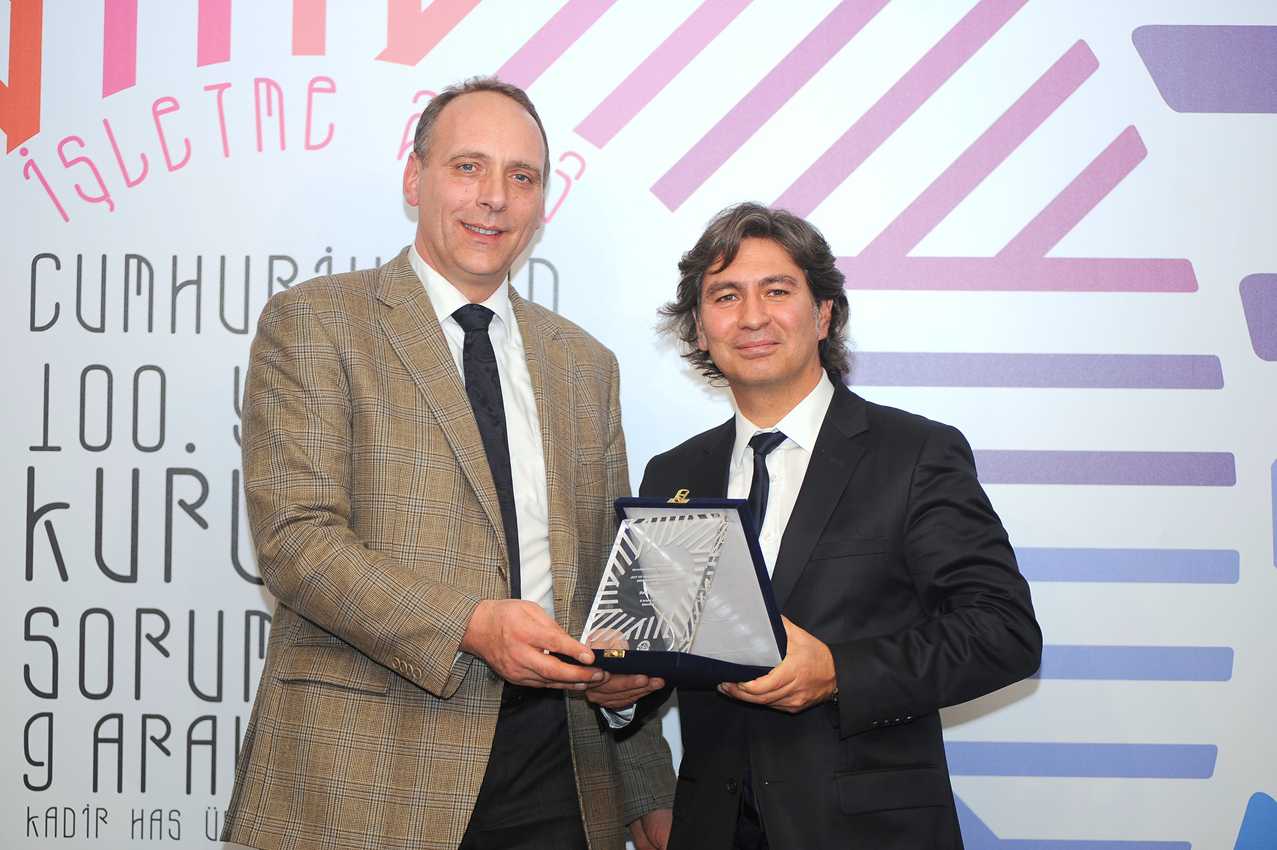Monique Jaques for The New York Times

This seven-bedroom house on Buyukada, an island off Istanbul, Turkey, is on the market for $1.5 million. More Photos »
By NINA ROBERTS
A SEVEN-BEDROOM WOODEN HOUSE ON AN ISLAND OFF ISTANBUL
$1.5 MILLION (2,742,371 TURKISH LIRA)
This 1920s-era house is on tranquil Buyukada, the largest of the nine Princes’ Islands, 12 miles off Istanbul. It has two stories and about 3,800 square feet of space, on a 12,400-square-foot property on the island, which does not allow cars. The entrance, on the ground floor, opens into a large hall; the dining room is to the left, and the living room, which has a fireplace, is to the right. The blue-tiled kitchen, behind the dining room, is antiquated. A small room next to the kitchen could be used as a bedroom or office.
Most of the floors are wooden, as are the ceilings, which are designed in geometric inlaid patterns. A half bath in the main hall is tucked underneath a wooden staircase with a decorative balustrade. From both the living and dining rooms, French doors open onto the wooden front terrace, which is partially covered.
The second floor has six bedrooms, a half bath and a full bath equipped with a shower, a bidet and two sinks. Most of the bedrooms, wallpapered in white, have French windows and closets. The Marmara Sea is visible beyond the treetops, as is the Bosporus, which connects to the Black Sea, dividing Istanbul into its European and Asian sides.
About 30 feet behind the house is a small one-story structure, formerly servants’ quarters, with a bedroom, an open kitchen and a bath. Neither it nor the main house has heating, which is not unusual for old homes on an island where natural gas pipes arrived only in recent years.
Buyukada can be reached in 20 minutes or an hour and a half, depending whether one takes a private boat, a sea bus or the ferry. This house is a 5- to 10-minute walk from the ferry landing. Because emergency vehicles are the only cars allowed on the island, transportation options other than walking are bicycles and horse-drawn carriages.
Although Buyukada is technically a district of Istanbul, it feels frozen in time. Its two square miles offer a mix of lush hills, wooded areas, cliffs and beaches. It has a rich history dating to the Byzantine Empire, with striking architecture to match. Restaurants, shops, banks, and coffee and tea houses are within close proximity of the house.
MARKET OVERVIEW
Turkey’s stable economy has made Istanbul a desirable central office location for both eastern and western countries, according to Burcu Ozdemir, a managing partner of Turkey Relocation Management Services. As a result, a surge of wealthy residents has driven up prices in prime neighborhoods. Engin Kevenk, owner of the real estate company Golden Key International, estimates that such areas — the hills of the Bosporus, for example — sell for $10,000 to $18,000 per square meter ($926 to $1,666 a square foot, at 10.8 square feet to the square meter); the waterfront villas known as “yalis” sell for $30,000 per square meter or more. This listing is priced a bit lower than other prime properties because the house could benefit from modernizing, said Edi Turan of Turkey Sotheby’s International Real Estate, who has the listing. “It’s a good price,” he said, “but it needs to be renovated.”
There are lots of high-rise luxury apartments on the market, but renovated properties within historic buildings are more difficult to find. In Istanbul, most buyers who want a modern space in an older building with character do the renovations themselves. There is not much turnover in such properties; their owners generally intend to stay put. Mr. Turan estimates renovation costs for the Buyukada property, including the installation of a heating system, would be a minimum of $100,000.
via Real Estate in Turkey – NYTimes.com.
More :




